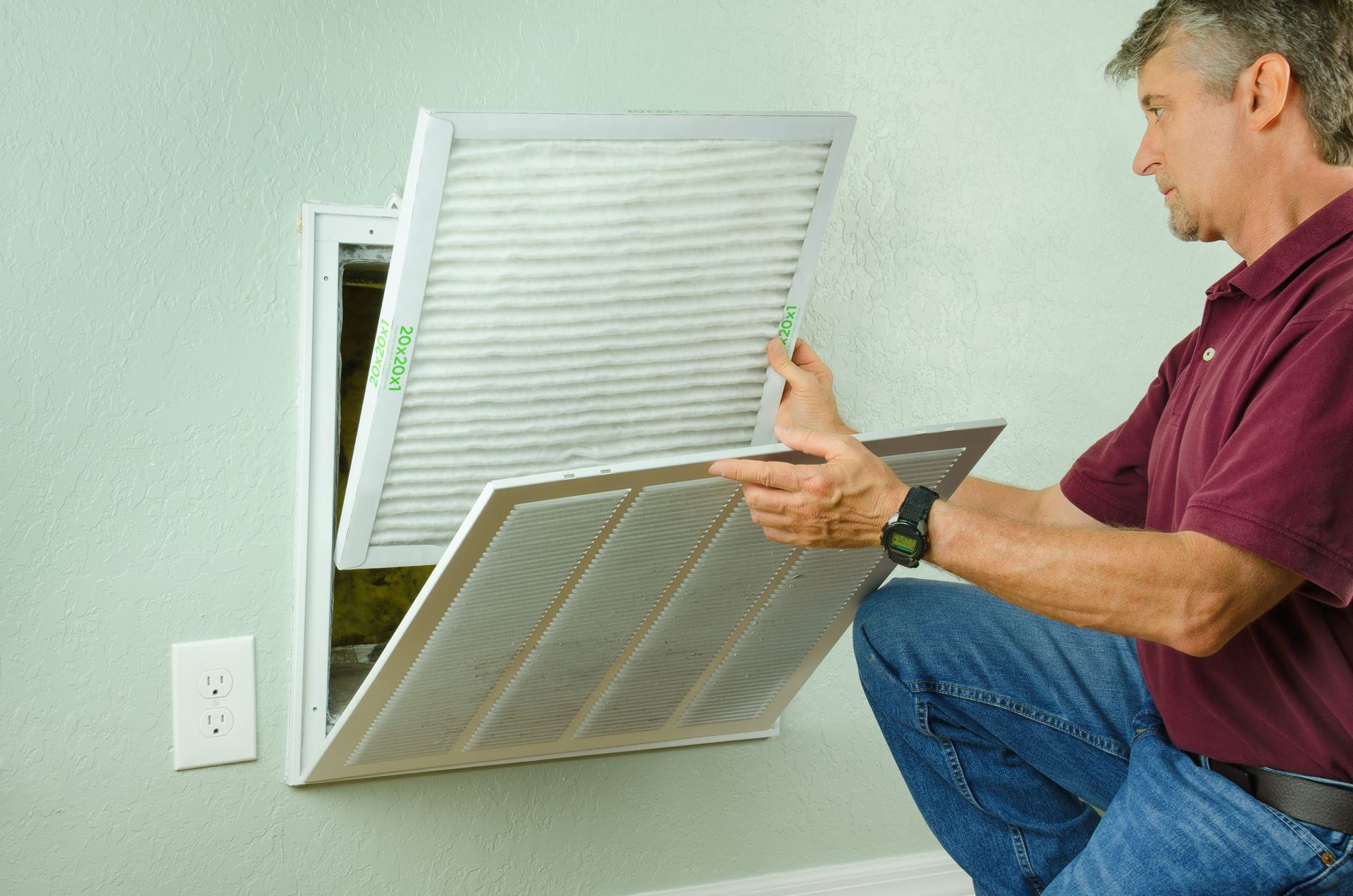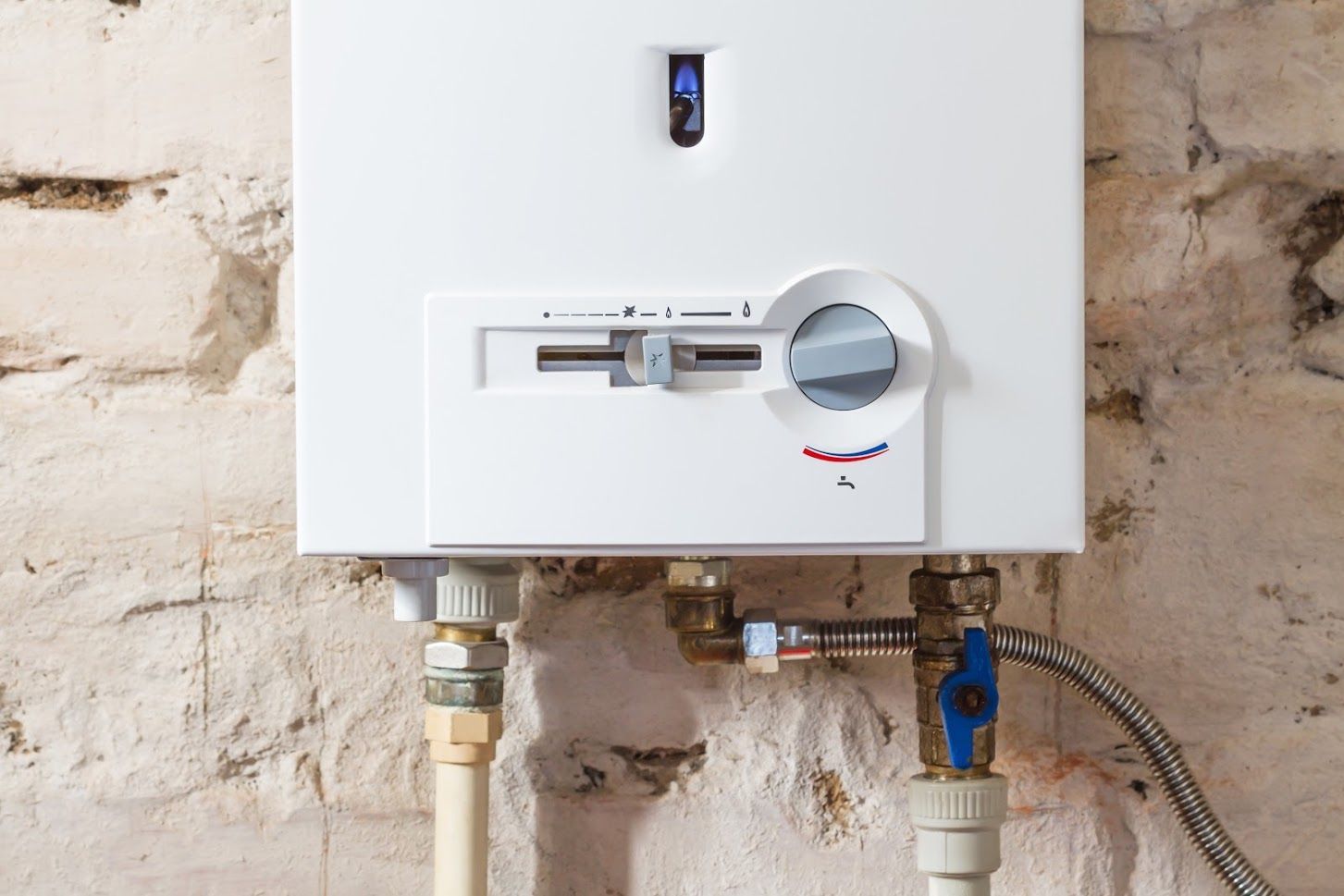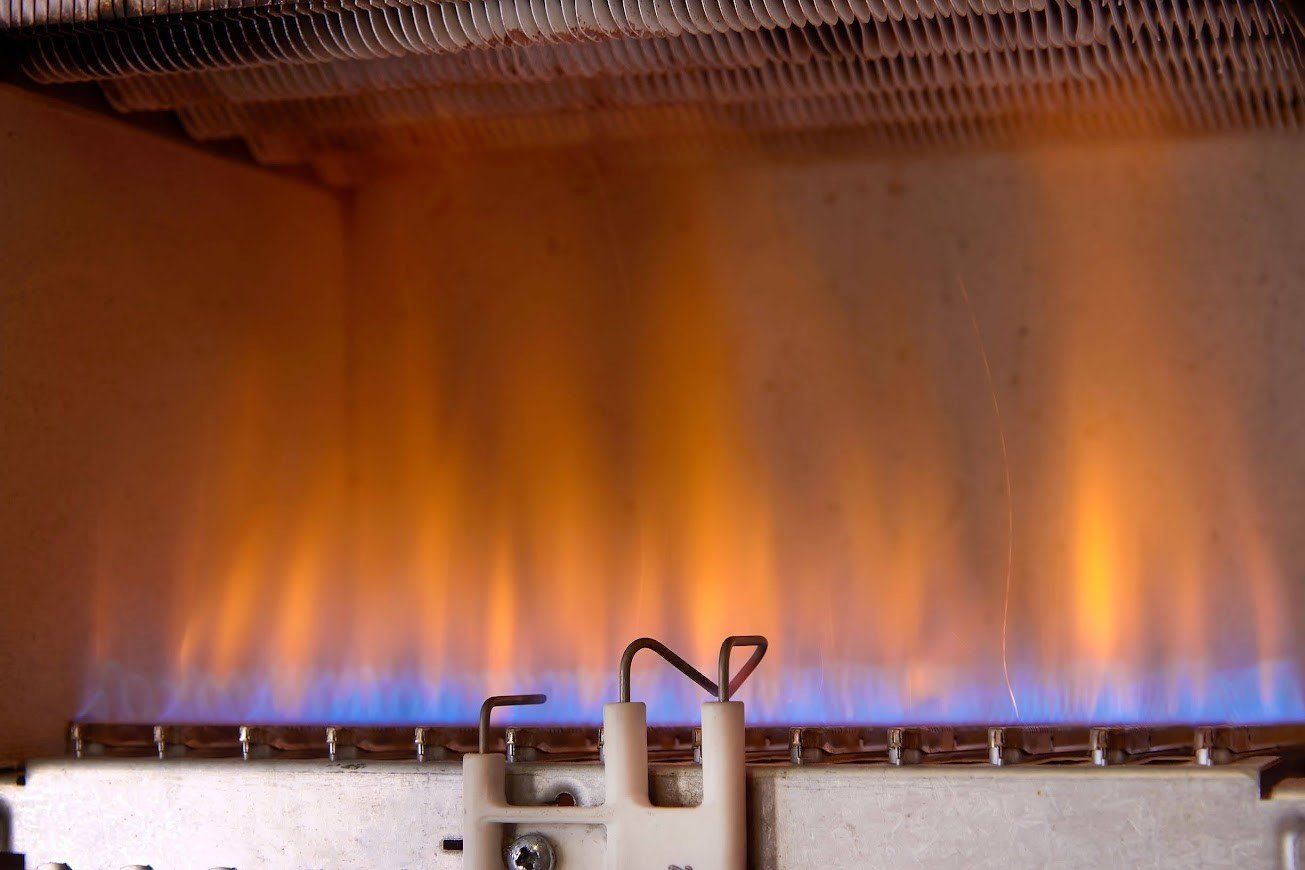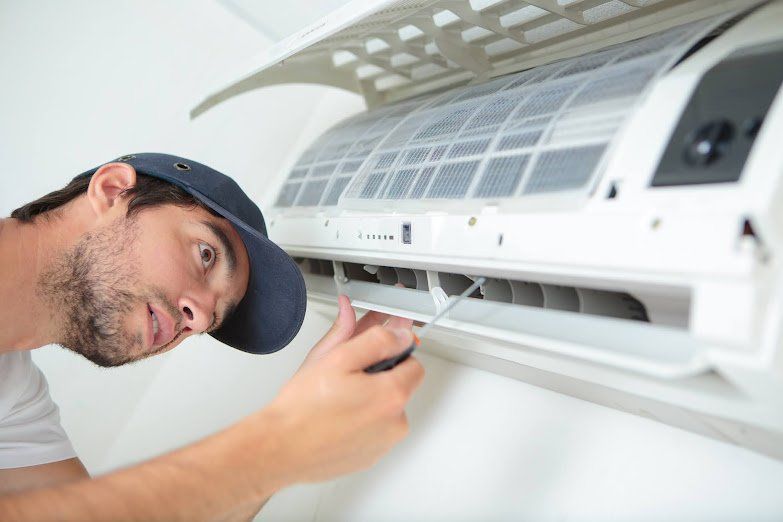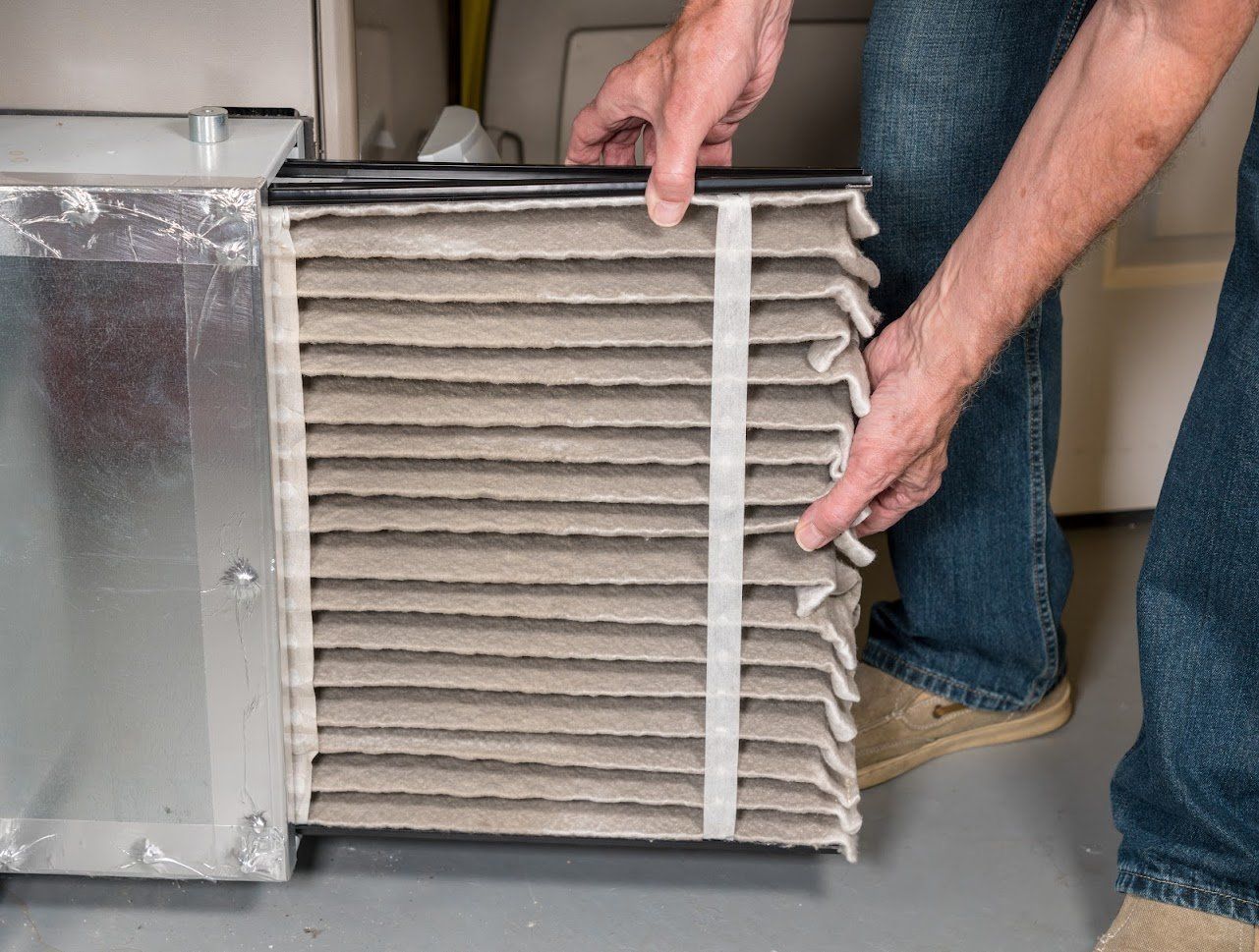Does Your Basement Need Heat? Ask These Questions
Admin • December 10, 2020

Should you heat your basement? Whether your existing basement doesn't have heat or you're building a new home and need to plan the HVAC system, take a look at the questions to ask right now.
What Type of Heating System Do You Have or Want?
Before you decide to or not to heat your basement, talk to an HVAC professional about the heating system you already have or plan to install. Some systems are easy to extend into a basement, while others may require a complex installation or add-ons. The most common residential heating systems your basement may have (or you may consider installing) include:
- Hydronic radiator radiant heating. This system uses hot water and pipes or tubing to heat the interior area. If you want to extend this system to your basement, you'll need to add radiators or install a different secondary type of heating.
- Hydronic underfloor radiant heating. Like radiator heating, this system uses hot water and under-the-floor tubes. This system's installation may require major floor demolition and renovation to install in an existing basement.
- Forced air. Forced air heat is exactly what the name implies. The system forces warmed air into the home space. This system requires ductwork and vents. If you don't have ducts or vents in the basement, a qualified contractor will need to install these parts of the forced air system.
- Ductless heat pumps. A ductless mini-split system uses indoor air handlers and an outdoor compressor and condenser to heat a home. Without the need for ducts, this option is a top choice for homeowners who want to easily heat specific indoor zones or spaces (such as a basement).
Even though some systems are complex or costly to extend into a basement area, the results may pay for themselves in lower utility bills, improved home comfort, and increased resale value. A qualified HVAC contractor can help you to understand the pros, cons, and possibilities of each system.
How Do You Use Your Basement?
Will you notice whether your basement is cold, warm, humid, or dry? If you're not sure whether to extend the central system or a zoned option to the basement, consider the way you already or plan to use your basement. These uses may include:
- Family room or game room. Do you entertain in your finished basement? Your friends and family probably won't feel comfortable in a freezing indoor space. This type of space typically requires a permanent heating option.
- Bedroom. Like a family room or game room, a basement bedroom also requires heating. Overnight winter temperatures could dip to an uncomfortable and unhealthy low. Interior home heating reduces weather-related risks as you sleep.
- Laundry room. While you don't necessarily need the comfort of central or zoned heating in a laundry room, water pipes to a sink basin or washing machine could freeze and burst without a permanent or constant heat source.
- Unfinished storage room. Like a laundry room, pipes in an unfinished basement storage room could freeze and burst. The resulting flood may cause serious damage to documents or furniture you want to store in the basement.
Is it unnecessary to heat a completely unused and unfinished basement? While this type of basement may get little to no use, it still may require a heating source. Insulation can protect pipes and stop heat loss — up to a point. Your basement may still need interior heating to reduce the risks of frozen pipes and other cold weather-related damage.
Do you need to update, extend, or add to your home's central heating system this winter? Contact Comfort Technology Heating & Air Conditioning
for more information.


